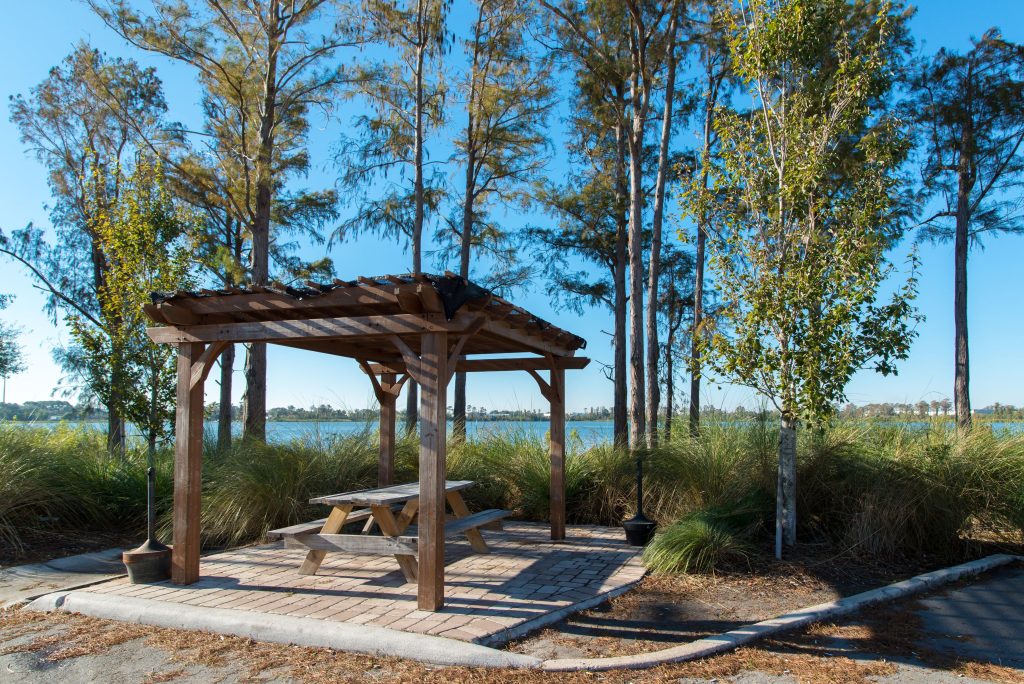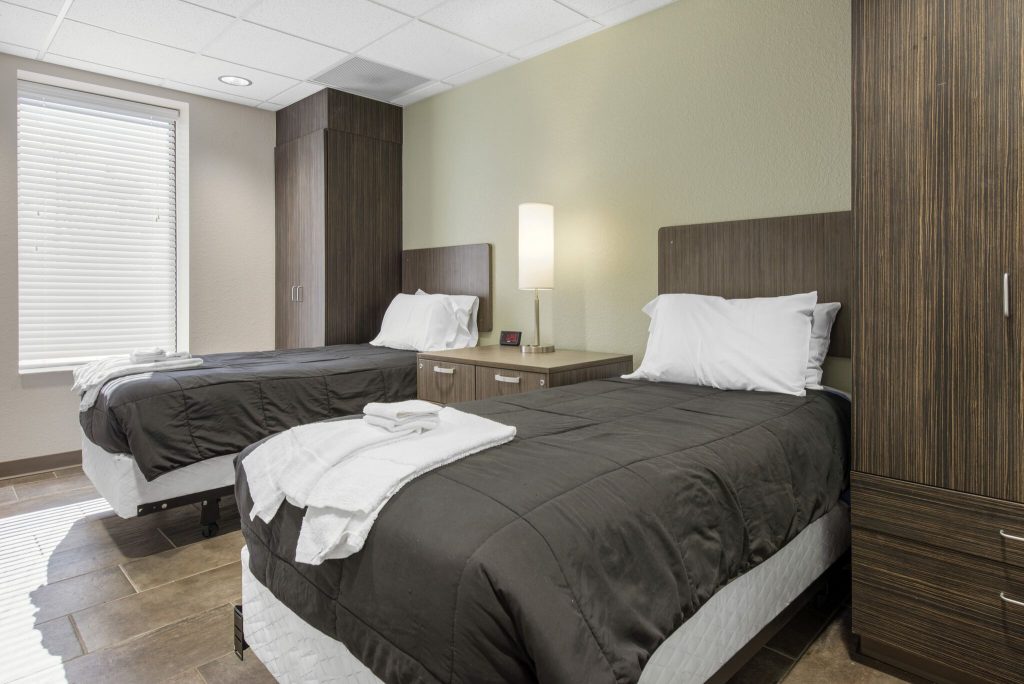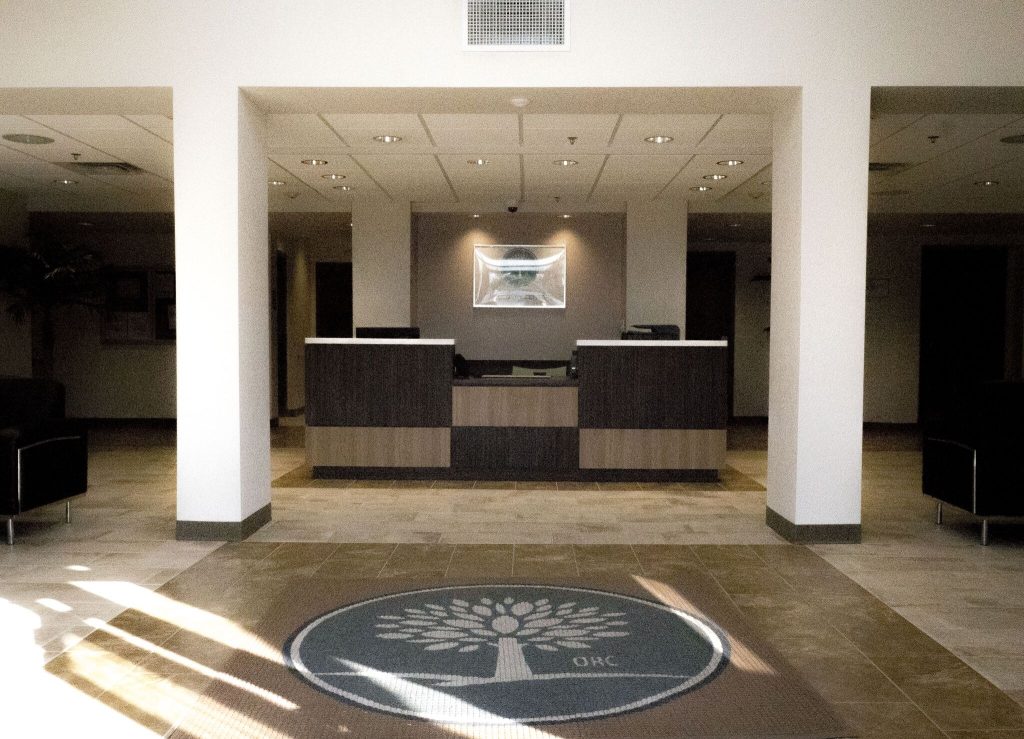Our Addiction Treatment Programs in Florida
At Orlando Recovery Center, our evidence-based programs help patients heal their lives with tools and resources to overcome their addictions. Our full continuum of care provides adequate support and independence to prepare you to get your life back.

Medical Detox
With 24/7 medical supervision, treatment for withdrawal symptoms and a safe environment, our medical detox helps make withdrawal as comfortable as possible.
Inpatient Rehab
Inpatient rehab helps you focus solely on your recovery. Patients live at the facility and undergo the most intensive, structured treatment.
Outpatient Rehab
Outpatient treatment allows patients to plan their treatment around work, school or other responsibilities. Patients live at home and go to the Orlando Outpatient Center for appointments.
Partial Hospitalization Program (PHP)
A step down from inpatient care, PHP offers clients more independence and free time as they start to control their recovery while remaining on-site.
Intensive Outpatient Program (IOP)
IOP supports the transition into outpatient care after an inpatient stay or is a more intensive first step for those with milder addictions.
Dual Diagnosis
Co-occurring mental health disorders like anxiety or depression can worsen addiction symptoms. All levels of care can offer dual diagnosis treatment for a healthier life.
Medication-Assisted Treatment
Medications can help clients with alcohol or opioid use disorders manage cravings and avoid relapse, as medically appropriate.
Teletherapy
Online teletherapy allows you to reach life-saving alcohol and drug rehab care from your home as medically appropriate.
Aftercare
Recovery is a life-long commitment. Relapse prevention strategies, referrals, support groups and other aftercare resources help you long after treatment.
Inpatient vs. Outpatient Rehab: What Meets My Needs?
Most patients begin their recovery with a medical detox, followed by inpatient or outpatient rehab, depending on their situation and needs.

In inpatient rehab…
- You live on-site and focus 100% on your treatment, including housing, meals and friendship.
- You’re away from triggering people, places and stressors that may lead to relapse.
- You’ll receive 24/7 medical care and daily therapy.
- Patients spend an average of 40–45 days at the rehab facility.
In outpatient rehab…
- You live at home and go to the Orlando Outpatient Center for treatment, which may be scheduled around work or school if necessary.
- Your treatment program may last longer than inpatient care because it’s fewer hours per week.
- You’re responsible for avoiding drugs or alcohol outside the facility.
- You’ll need a safe, stable home life with people who support your recovery.


Get Help Now
Whether you’re looking for help for yourself or a loved one, our Recovery Advocates can answer your questions today.
